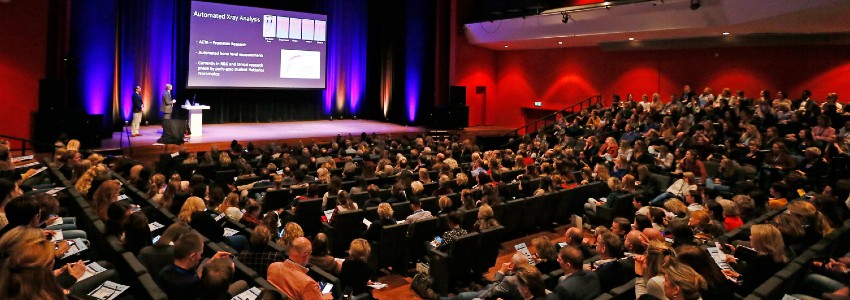Hamlet’s dilemma: Natural dentition or oral implants? What is the longevity?
Answering this questions is certainly not an easy task and probably best dealt with by stating: "It just depends". However, for the practicing dentist, a relatively reliable answer is of utmost importance, especially when reconstructions are planned to restore adequate function, obtain satisfying esthetics and obtain and maintain oral health. Therefore, the question will be answered for various situations: For the healthy tooth with an almost intact periodontal support, for the periodontally compromised, but successfully treated abutment tooth, for the devitalized, but root canal treated tooth, for the endodontically compromised tooth with periapical pathology. These discussions will emphasize the importance of maintaining natural teeth even if they are affected by pathological findings. Post therapeutic treatment prognoses are well documented, especially for survival and complication rates of fixed partial dentures on tooth abutments, on implants and on both combined tooth and implant abutments. The major question is not to discuss the alternative between tooth abutments versus implant abutments, but to discuss predictability and longevity of teeth following active periodontal or endodontic therapy. In that respect, implants do not provide a higher value to the patient. They are not chosen to replace teeth, but to help replace already missing teeth. It has to be realized that the long- term documentation of implant survival and complication rates are at its best 10 years old and that very few of the systems sold today have more than 5-year data to offer. However, even for teeth jeopardized by periodontal or endodontic conditions the literature provides a number of long-term studies to answer the above proclaimed question with high reliability always considering the single patient situation with great respect.

















